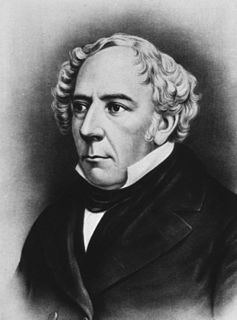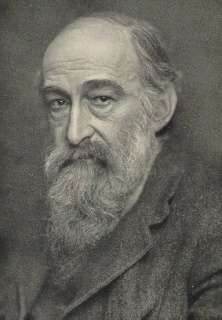A Quote by Sir William Hamilton, 9th Baronet
A judgment is the mental act by which one thing is affirmed or denied of another.
Related Quotes
Men speak of blind destiny, a thing without scheme or purpose. But what sort of destiny is that? Each act in this world from which there can be no turning back has before it another, and it another yet. In a vast endless net. Men imagine that the choices before them are theirs to make. But we are free to act only upon what is given. Choice is lost in the maze of generations and each act in the maze is itself an enslavement for it voids every alternative and binds one ever more tightly into the constraints that make a life.








































